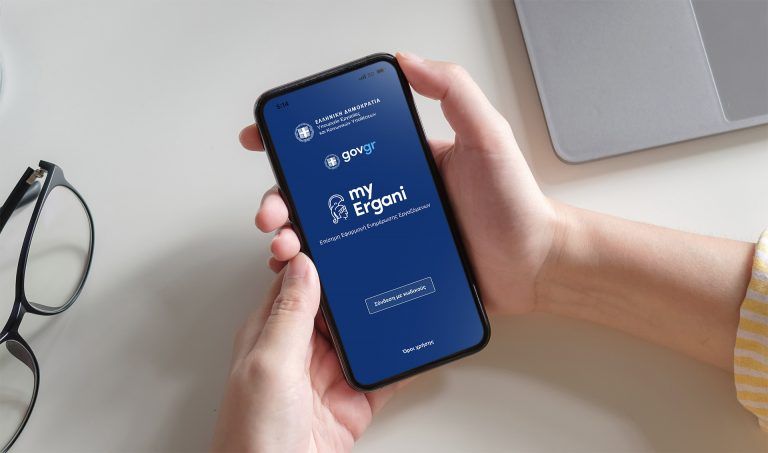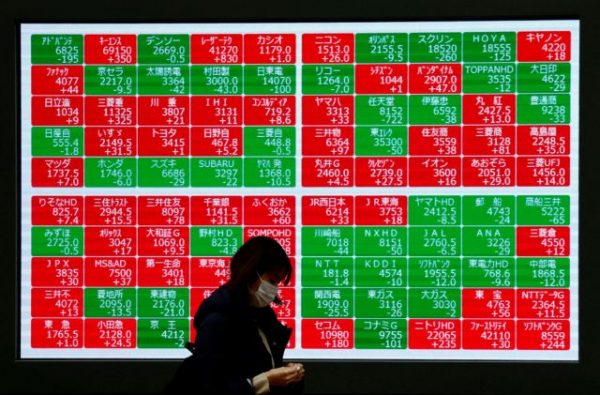
Towards the end of 2024, the digital work card will find application within the realms of tourism and hospitality, marking a significant step in labor management within these sectors. Minister of Labor announced the delay in implementing the card until year-end specifically for these branches of the economy.
Introduced at the onset of the year, the digital work card has been operational in the retail and industrial sectors. Ministerial directives have been issued, detailing the terms and procedures for its integration into retail and industrial operations.
Mandatory for all retail businesses, the possession of a Digital Work Card is a requisite. Every salaried employee should be provided with a corresponding digital card by their employer.
The procedure involves employees downloading a designated application onto their mobile devices, while businesses are tasked with installing the app on electronic devices like computers or tablets, offering them a choice in the matter.
The tourism sector’s implementation of the digital work card has been strategically deferred until the year’s end, a move aimed at ensuring a seamless conclusion to the ongoing tourism season, thereby preempting any operational disruptions mid-season.
Primarily, the measure aims at curbing instances of overwork while meticulously recording overtime. The utilization of the digital card significantly streamlines the monitoring process for the Independent Authority for Labor Inspection during routine checks. Imposing fines for identified cases of undisclosed labor amounts to a maximum penalty of €10,500 per employee.
Companies can join this system either by expanding an existing timekeeping system, if available, or by procuring a new system altogether.
However, minor irregularities have been observed on the employees’ part, with slight deviations in clocking in or out a few minutes off schedule. To forestall unwarranted fines—such as for an employee arriving five minutes earlier than the scheduled start—an extension in marking time within the Workforce Monitoring System (known as “Ergani”) is under consideration. This extension might increase from the current 15 minutes to possibly 45 minutes, offering more leeway for employee entries and exits, while providing companies greater flexibility in transmitting necessary data to the Workforce Monitoring System.
Lastly, concerning Sunday work, the Ministry of Labor stipulates that only specific businesses covered by relevant regulations can operate on Sundays. Employees engaged in Sunday work, particularly in the industrial sector, stand to receive an additional 75% of their daily wage along with a further 60%.
Source: tovima.com
Latest News

Current Account Deficit Fell by €573.2ml Feb. 2025: BoG
The improvement of Greece’s current account was mainly attributed to a more robust balance of goods and, to a lesser extent, an improved primary income account

Hellenic Food Authority Issues Food Safety Tips for Easter
Food safety tips on how to make sure your lamb has been properly inspected and your eggs stay fresh.

Greek Kiwifruit Exports Smash 200,000-Ton Mark, Setting New Record
According to data by the Association of Greek Fruit, Vegetable and Juice Exporters, Incofruit Hellas, between September 1, 2024, and April 17, 2025, kiwifruit exports increased by 14.2%.

Easter Tourism Boom: Greece Sees 18.3% Surge in Hotel Bookings
Among foreign markets, Israel has emerged as the biggest growth driver, with hotel bookings more than doubling—up 178.5% year-on-year.

Greece to Launch Fast-Track Tender for Offshore Hydrocarbon Exploration
Last week, Papastavrou signed the acceptance of interest for the two Cretan blocks, while similar decisions regarding the two Ionian Sea blocks were signed by his predecessor

American-Hellenic Chamber of Commerce to Open Washington D.C. Branch
AmCham's new office aims aims to deepen U.S.-Greece economic ties and promote investment and innovation between the two countries

Why Greece’s New Maritime Spatial Plan Is a Geopolitical Game-Changer
This landmark development is more than just a bureaucratic step — it's a strategic declaration about how Greece intends to use, protect, and assert control over its seas

Eurozone Inflation Eases to 2.2% in March
Compared to February, inflation decreased in 16 member states, remained unchanged in one, and rose in ten.

Bank of Greece: Primary Gov. Surplus €4.1b Jan.-March 2025
The data released today by the Bank of Greece revealed that the central government’s overall cash balance recorded a surplus of €1.465 billion in the first quarter of 2025, compared to a deficit of €359 million in the corresponding period of 2024.

Greek Government Reissues 10-Year Bond Auction for €200 Million
The amount to be auctioned will be up to 200 million euros, and the settlement date is set for Friday, April 25, 2025 (T+5)








![Πλημμύρες: Σημειώθηκαν σε επίπεδα ρεκόρ στην Ευρώπη το 2024 [γράφημα]](https://www.ot.gr/wp-content/uploads/2025/04/FLOOD_HUNGRY-90x90.jpg)

































 Αριθμός Πιστοποίησης
Αριθμός Πιστοποίησης